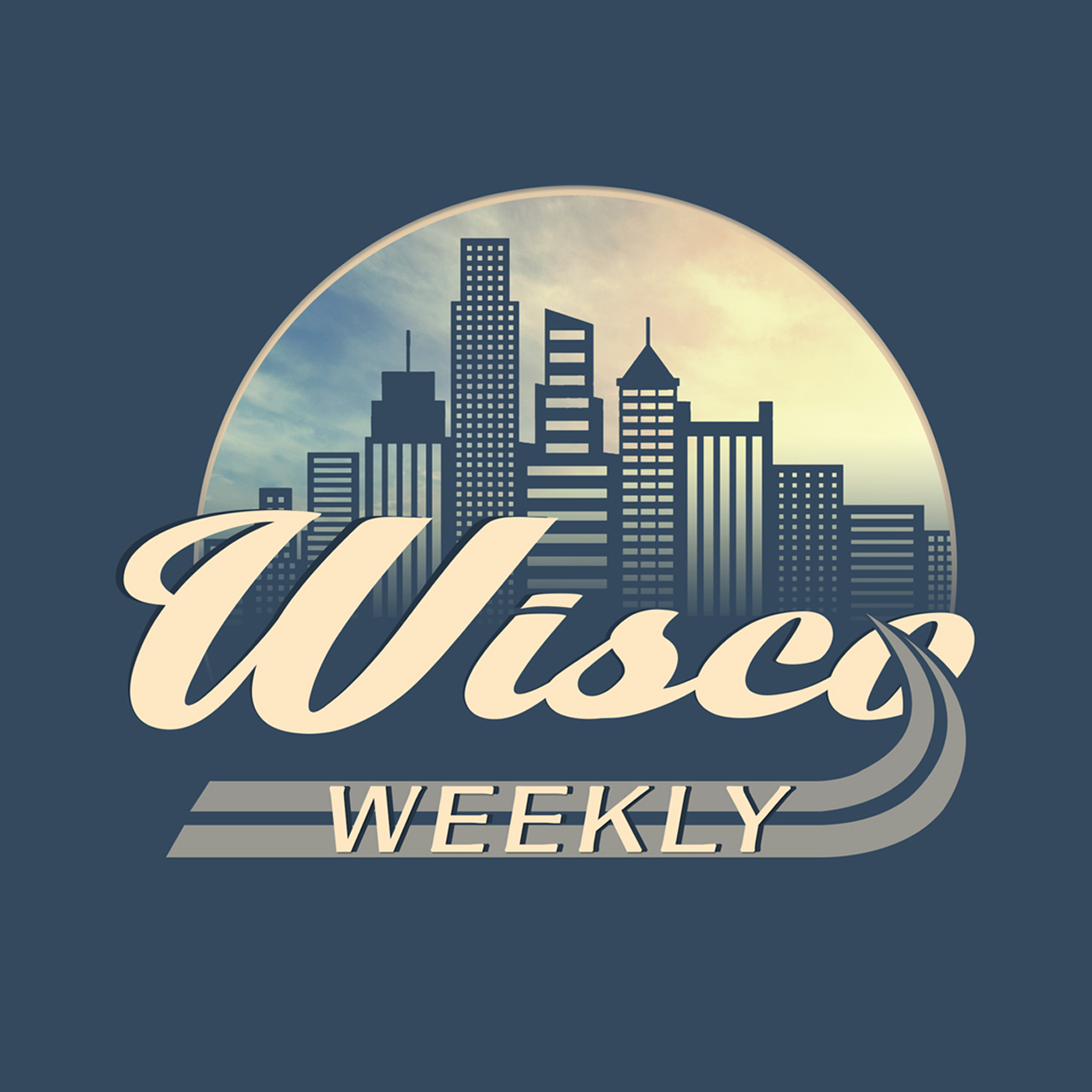
[vc_row][vc_column][vc_column_text]"Customers are always right, until they're not," says co-host Kelly Cruz. In episode #43, we return to the scene of Regan Motors in Thousand...

Lithia Motors and Driveway (NYSE: LAD) reported Quarter 1 2021 financial results on April 21. Tune in to hear highlights of Quarter 1 and...

Apple (AAPL) announces the launch of their EV in 2024 and the market acts like this is this first time they have heard of...